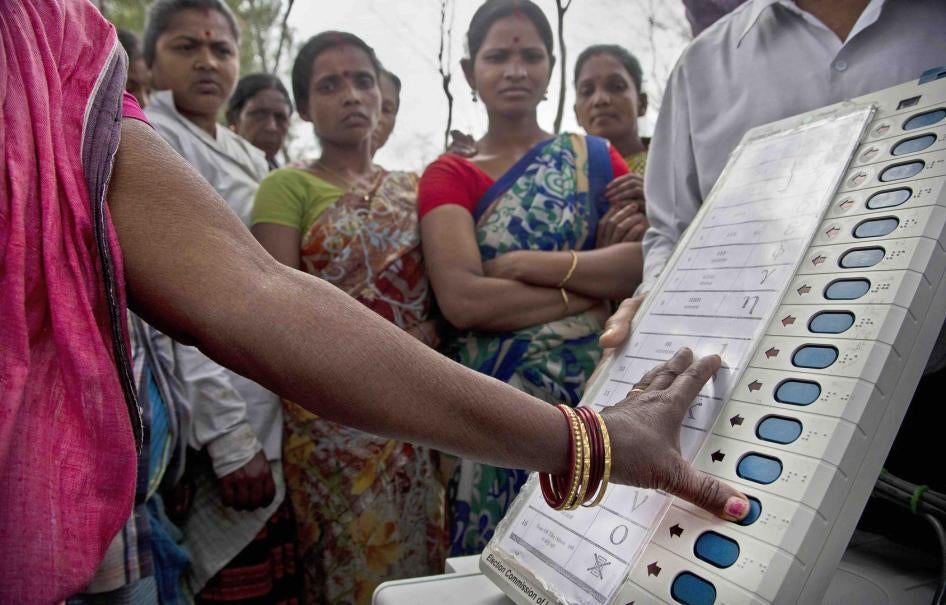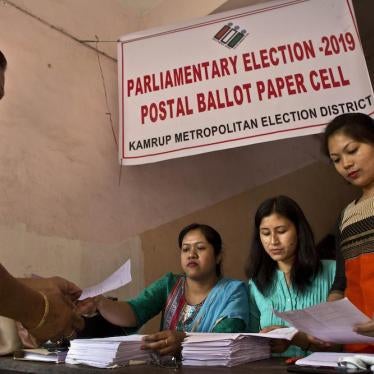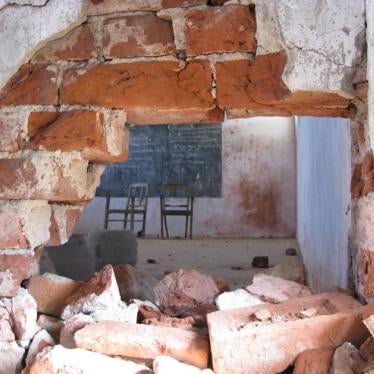Everyone, everywhere, is entitled to the protection of their fundamental rights. These rights are not just violated by the most authoritarian governments, such as in China or North Korea, but can also be undermined in well-established democracies such as India. This time, as India goes to polls, human rights need to be an important part of the discussion.
But speaking out for rights in India is getting increasingly difficult. Often, the loudest voices in the media defend the government’s failures. A rising number of rights defenders and lawyers have faced arbitrary arrest and jail; some have even been accused of fabricated national security offences. Mobs have hounded, beaten or threatened activists. Some activists, such as Gauri Lankesh, have been killed. The arbitrary use of financial regulations and allegations of misappropriation have prevented many independent organizations from functioning. Writers, painters, actors, filmmakers and students have been censored or succumb to self-censorship. Dissent is often deemed unpatriotic.
Meanwhile, many have endorsed crimes under the cover of ultra-nationalism. Among the most troubling was when some politicians came to the defence of the men accused of raping and murdering a little girl in Kathua, Jammu and Kashmir. Lawmakers look away or applaud as mobs kill Muslim herders and traders in the name of protecting cows from slaughter, murder couples who choose relationships outside their caste or religion, or attack Dalits and Adivasis.
The government has given a “free hand” to security forces to resolve the decades-long insurgency in Jammu and Kashmir, failing to investigate allegations of arbitrary arrests, torture, or excessive use of force that has left many maimed and blinded. In U.P., a similar “free hand” given to the police to contain crime has resulted in at least 59 alleged extrajudicial killings in the last two years, according to the UN.
After the horrific gang rape in Delhi in December 2012 of a young woman, promised reform is still hostage to those same institutional barriers that have long kept rape survivors from finding justice — stigma, harassment and threats, particularly if the accused are powerful. Other human rights problems are newly emerging — for instance, the poorest and most marginalized Indians are being excluded from essential services through an ambitious biometric identification programme. People’s rights to privacy and data protection are being undermined by claims of national security.
As India goes to polls, candidates of all political affiliations should make a commitment to ensure accountability in public service, to protect religious minorities and other marginalized communities, and defend the rights of those most vulnerable. They should also uphold freedoms of expression, association and assembly, and recognise that by welcoming criticism and dissent they can make better informed decisions. In other words, they should pledge to uphold human rights — and mean it.










